Bee problem - help!
divamum
16 years ago
Related Stories
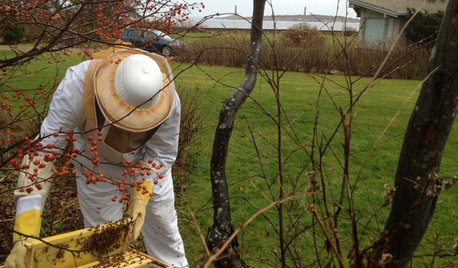
LIFEYou Said It: ‘You Can Help Save the Bees’ and More Houzz Quotables
Design advice, inspiration and observations that struck a chord this week
Full Story
REMODELING GUIDESThe Hidden Problems in Old Houses
Before snatching up an old home, get to know what you’re in for by understanding the potential horrors that lurk below the surface
Full Story
EARTH DAYHow to Design a Garden for Native Bees
Create a garden that not only looks beautiful but also nurtures native bees — and helps other wildlife in the process
Full Story
LANDSCAPE DESIGNProblem Solving With the Pros: A Garden Built From Scratch
Nature is reintroduced and redefined in a Dutch urban setting, to forge a dynamic relationship with city dwellers
Full Story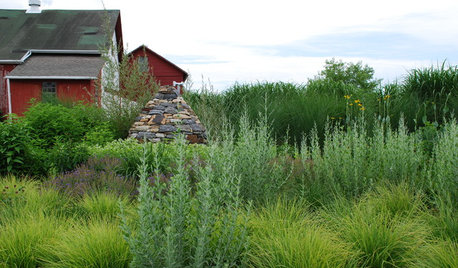
LANDSCAPE DESIGNProblem Solving With the Pros: An Abundant Garden Stretches Its Means
Swaths of resilient, eye-catching plants thrive with little care or resources in the landscape of a Pennsylvania farmhouse
Full Story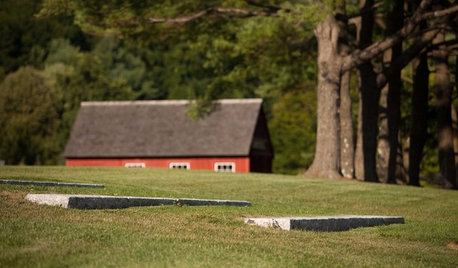
LANDSCAPE DESIGNProblem Solving With the Pros: Rustic Simplicity in a Country Garden
Editing thoughtfully and adding some magic result in a timeless weekend retreat
Full Story
EARTH DAYHow to Help Your Town’s Beneficial Birds and Bugs
Make a habitat using local materials to provide a home to the creatures that help our gardens
Full Story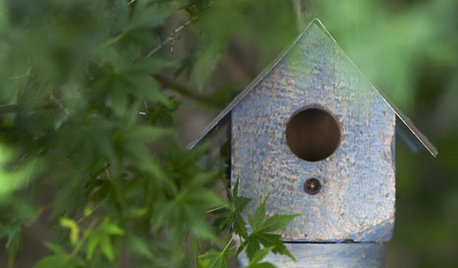
GARDENING AND LANDSCAPINGBe a Citizen Scientist to Help Wildlife, Learn and Have Fun Too
Track butterflies, study birds, capture stars ... when you aid monitoring efforts, you’re lending Mother Nature a hand
Full Story
GARDENING FOR BUTTERFLIESGardening for the Bees, and Why It’s a Good Thing
When you discover how hard bees work for our food supply, you may never garden without them in mind again
Full Story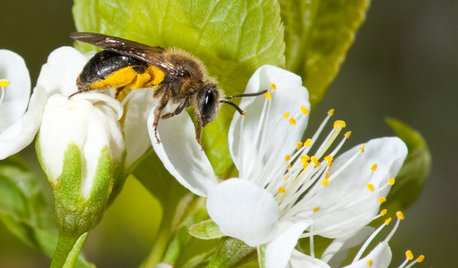
GARDENING GUIDESInvite Mining Bees to Your Garden by Planting Their Favorite Plants
Look for mining bees (Andrena) pollinating woodland wildflowers in U.S. gardens this spring
Full Story


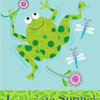
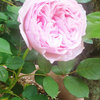

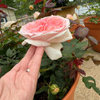
michaelg
divamumOriginal Author
Related Discussions
Problems with our bees
Q
Honey Bee problem
Q
Bee's and Wasp problem
Q
Bee problem
Q
paparoseman
roseleaf
divamumOriginal Author
jerijen
ceterum
divamumOriginal Author
oldroser
brandyray
roses_more_roses
paparoseman
divamumOriginal Author
jerijen
michaelg
liane_z4_canada
divamumOriginal Author
Zyperiris
sammy zone 7 Tulsa
paparoseman
Zyperiris
divamumOriginal Author
roseleaf
sam0738
divamumOriginal Author
orchids2000
the_morden_man
elgrillo
divamumOriginal Author
the_morden_man
divamumOriginal Author
the_morden_man
bettym_grow
Zyperiris
the_morden_man
divamumOriginal Author
Zyperiris
divamumOriginal Author